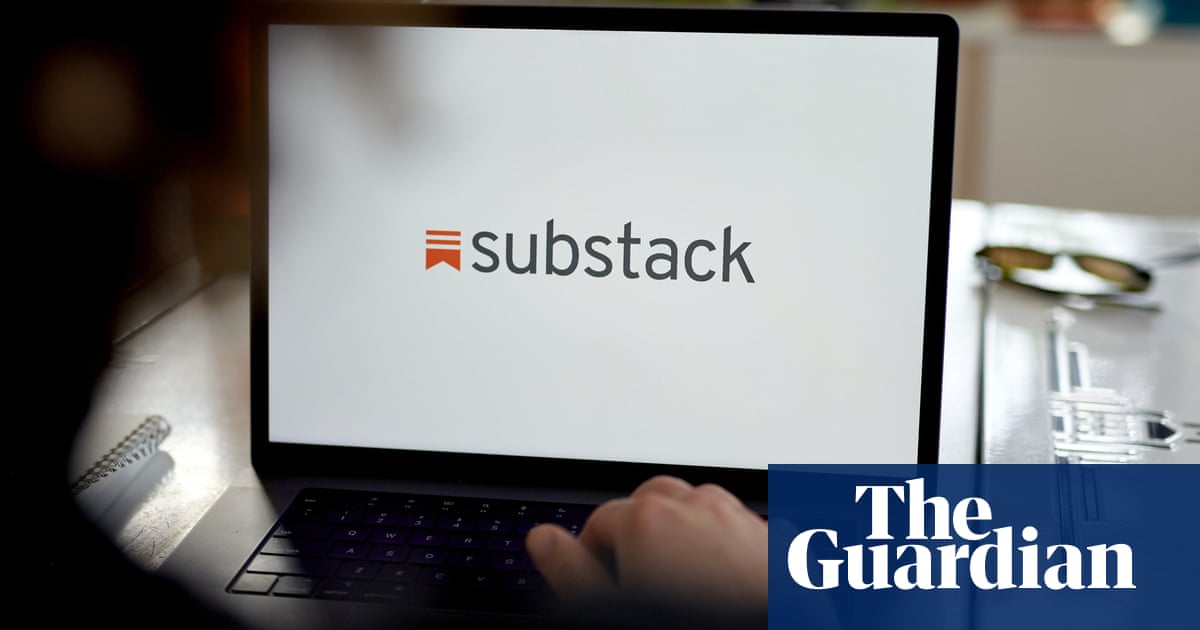
The email newsletter service Substack is facing a user revolt after its chief executive defended hosting and handling payments for “Nazis” on its platform, citing anti-censorship reasons.
In a note on the site published in December, the chief executive, Hamish McKenzie, said the firm “doesn’t like Nazis”, and wished “no one held these views”.
But he said the company did not think that censorship – by demonetising sites that publish extreme views – was a solution to the problem, and instead made it worse.
Some of the largest newsletters on the service have threatened to take their business elsewhere if Substack does not reverse its stance.
On Tuesday Casey Newton, who writes Platformer – a popular tech newsletter on the platform with thousands of subscribers paying at least $10 a month – became the most prominent yet.
“Rolling out a welcome mat for Nazis is, to put it mildly, inconsistent with our values here at Platformer,” he said today. “We have shared this in private discussions with Substack and are scheduled to meet with the company later this week to advocate for change.”
He added: “It is our hope that Substack will reverse course and remove all pro-Nazi material under its existing anti-hate policies. If it chooses not to, we will plan to leave the platform.”
Substack takes a 10% cut of subscriptions from paid newsletters, meaning the loss of Platformer alone could represent six figures of revenue.
Other newsletters have already made the jump. Talia Lavin, a journalist with thousands of paid subscribers on her newsletter The Sword and the Sandwich, moved to a competing service, Buttondown, on Tuesday. “We’ve left Substack behind, after its founders stated, in no uncertain terms, that they’re not just OK with, but in principle supportive of, having loads of out-and-out Nazis on their platform,” she wrote.
Substack declined to comment on Newton’s remarks. The site has been consistent in its opposition to content moderation, telling the Guardian in 2022 that moves to silence vaccine sceptics would not work.
The site’s leadership team said: “As we face growing pressure to censor content published on Substack that to some seems dubious or objectionable, our answer remains the same: we make decisions based on principles not PR, we will defend free expression, and we will stick to our hands-off approach to content moderation.”
The service has also been criticised for the opaque way it runs its Substack Pro service, which recruits new writers to the platform by paying them a guaranteed advance on their first year of subscriptions. Substack has never revealed which authors it commissions, arguing that it is a commercial, rather than editorial, agreement.
A Substack spokesperson said on Tuesday that none of the “fringe voices” discussed by McKenzie in his note were members of Substack Pro.












